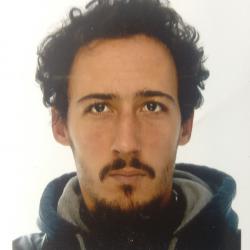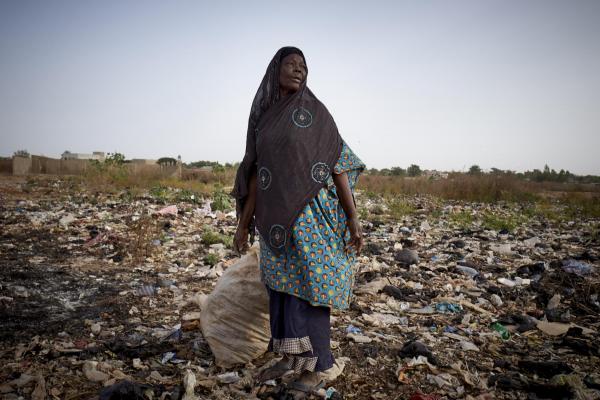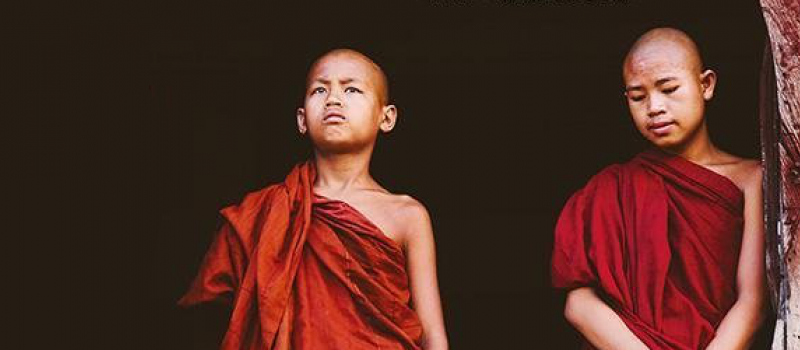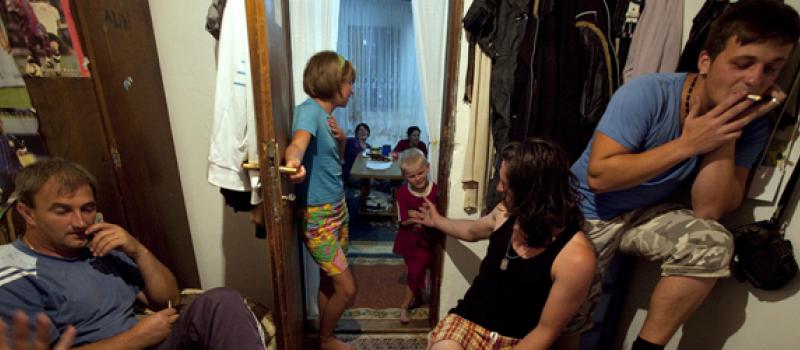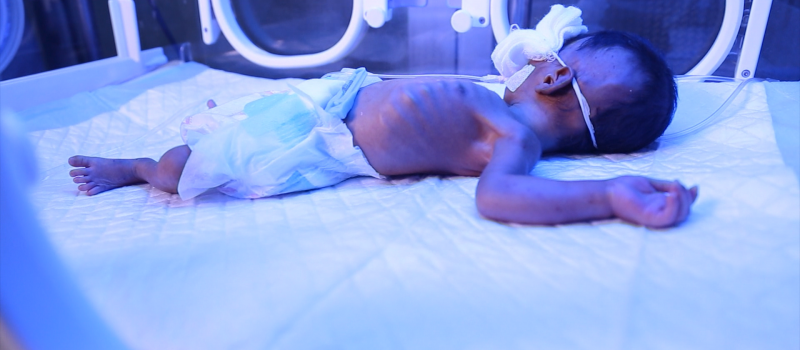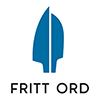
After Afghanistan and Iraq, burn pits also seem to have appeared in around western military camps in Mali. In 2014, an extensive air study was conducted by Professor Yacouba Toloba, head of the pulmonology department at the Point G hospital in Bamako. The concentrations of fine dust around the burn pits were more than nine times higher than the WHO's maximum level.
In June 2019, Belgian soldiers of the MINUSMA mission complained about the toxic fumes coming from these burn pits. Since then, Dutch MINUSNA-veterans have also reported respiratory problems.
A cross-border team of journalists investigated what exactly happened in Mali and took witness statements from locals working at the burn pits around Bamako.
Abdoulaye Diakite recognised the MINUSMA workers who dumped waste until the summer of 2020: "Some people who came were wearing their badges, that's how we knew they were from MINUSMA."
The journalists carried out extensive satellite analyses to map the burn pits and found that the smoke often blew over the camps.
Spokespersons for the MINUSMA mission, which started in 2013, stated that burning waste is not allowed under any circumstances. When the team reported that this has happened anyway, they said they were unaware of such practices. The Dutch Ministry of Defence stated that they are aware of the poor air quality in Bamako and Gao and the existence of the burn pits, but declined any responsibility for the burning of MINUSMA waste in these pits.
Investigations in Germany and Sweden did not produce any new witnesses. In the Netherlands, the investigative team does have contact with witnesses but they are still reluctant to speak, so the research continues.
Photo credit: Michele Cattani
ONLINE:
- A Bamako, le fléau des déchets toxiques - Le Monde Afrique, 28/12/2020
- Militairen in Mali blootgesteld aan ziekmakende rook, InvestigativeDesk.com, 14/06/2021.
need resources for your own investigative story?
Journalismfund Europe's flexible grants programmes enable journalists to produce relevant public interest stories with a European mind-set from international, national, and regional perspectives.
support independent cross-border investigative journalism
We rely on your support to continue the work that we do. Make a gift of any amount today.

